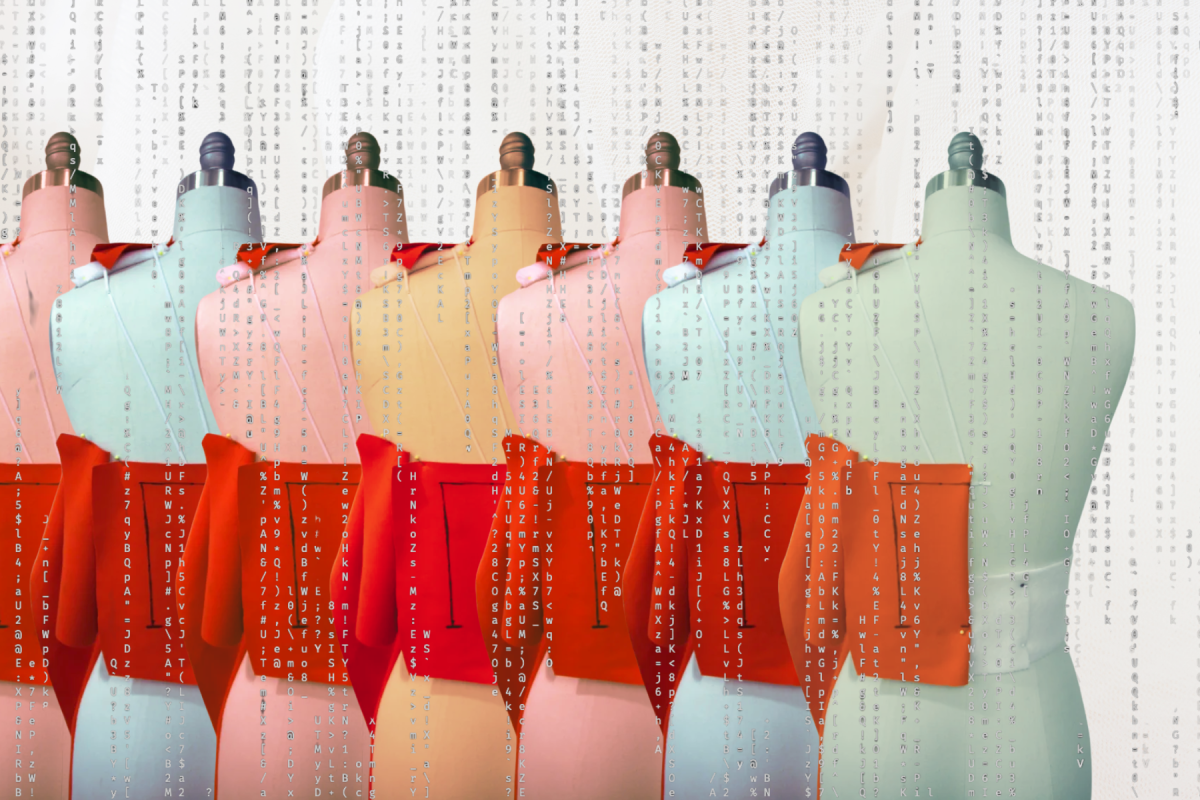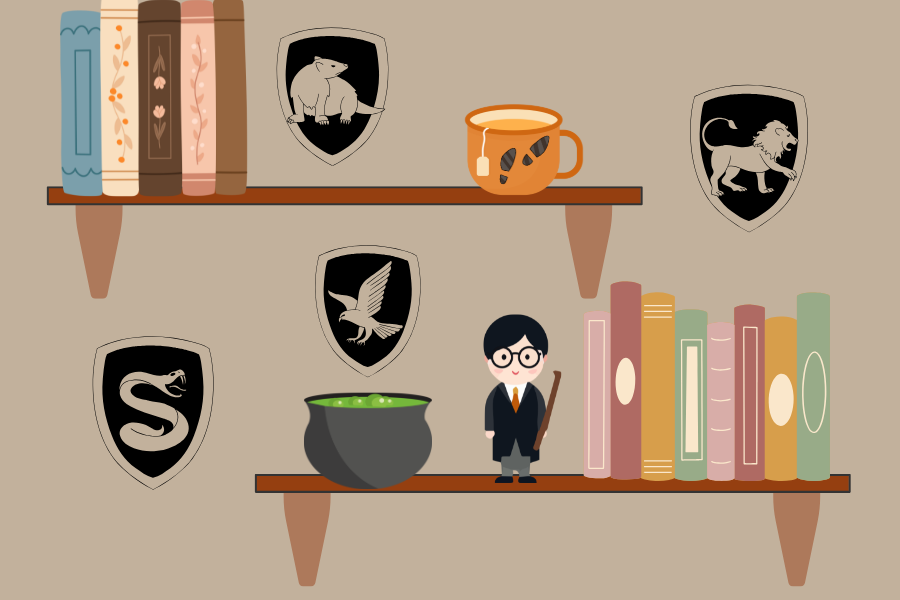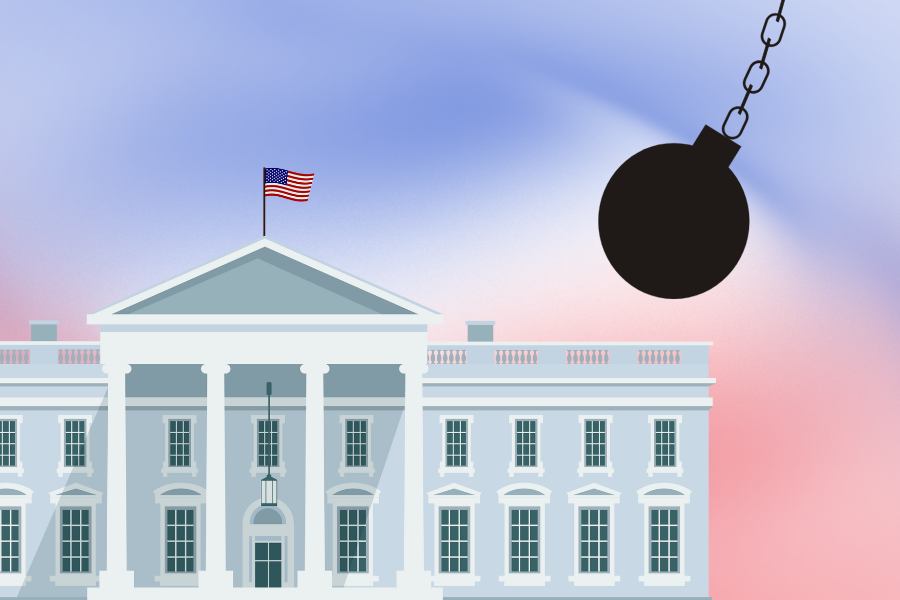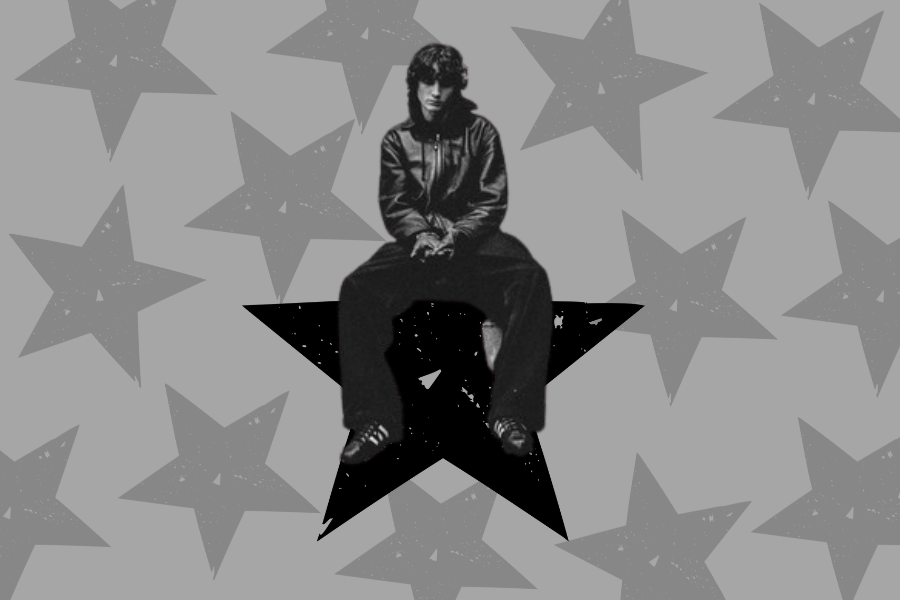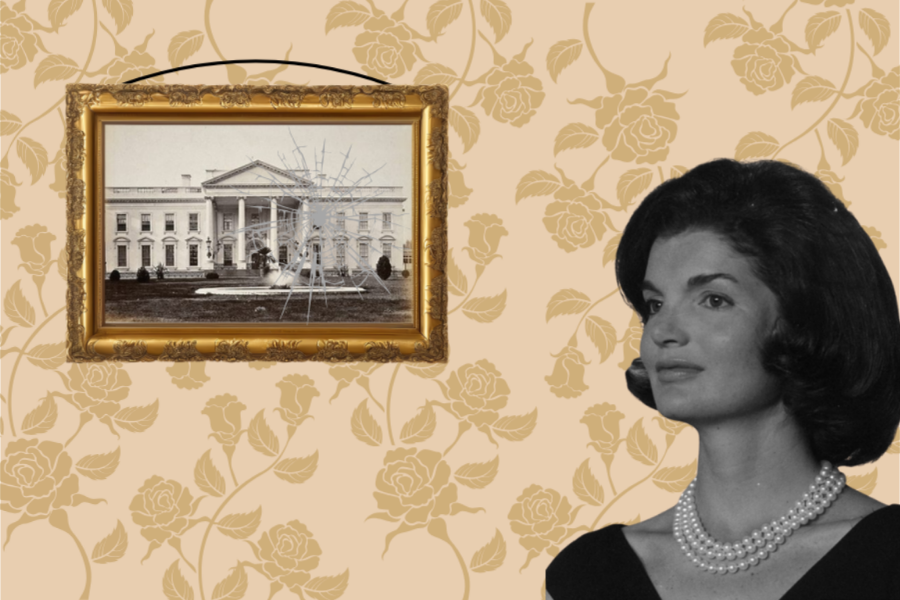I’ve been sewing since I was in fourth grade. I took lessons with my closest friends, who were shuttled in my mothers minivan every Friday afternoon. My mom was a textile chemist in the prime of the industry’s stay in Rhode Island, and handmade her Halloween costumes and dresses for all kinds of occasions. I didn’t grasp how truly special the words “I made this,” meant until I finished my first semi dress in sixth grade and got to tell people that it was a product of my creative labor and skill.
Recently, I made a trip to Joann’s Fabric in the midst of their bankruptcy closures, inspecting fabric contents and feeling through bolts when it hit me: Being in that closing Joanne’s was the premonition that sewing and many other creative endeavors have been dying for some time without a resurgence in the current youth and lack of adult interest.
There are so many different creative enterprises that are losing their homes in our society, and it’s imperative that we revive their impact and their appreciation before they disappear. The path of least resistance that our community has cultivated, while convenient and easy, is taking its toll on creative culture even at the smallest scale.
Sewing, like many other creative hobbies, is going to sharply fade into obscurity without a community dedicated to the inconvenient nature of many of these artistic skills. The labors of these art forms can very easily be relegated to machines and underpaid factory workers, because it is too inconvenient to innovate for the everyday person.
Why make a dress, when you can comb Amazon or Shein’s endless options to pick one that suits your wants? Why create a meaningful card for a family member, you could just find someone on Etsy dropshipping it? The scenarios are endless. Nearly every individual art form is met with a barrier of time that people just don’t want to give.
Written arts face the same fate with the introduction of artificial intelligence engines. Why write the essay, produce and create something of your own skill and merit, when the machine will do it for you? The increase in these AI powered tools signifies a loss of value for the written word. Our society has gotten increasingly more accepting of outsourcing these skills to others for our own convenience.
We as a society decided that it was okay to let someone else do this work for us for the most part. Not every person needs to design and make their own clothes and write their own books. These tasks have been accepted as not the work of an everyday person. While we must do everything to preserve the importance of this work, it’s the individual level of convenience in lew of creativity that is far more prevalent and concerning
It’s hard to believe it, but as recently as five years ago, nearly everything in life was slightly harder for the everyday person. There wasn’t an AI assistant on every laptop, a shopping app for every sensibility or a delivery option for anything you could need. We slowly began developing these assistance to everyday living because a convenient life sounds beneficial in theory, especially when people’s lives are overrun by their careers and financial obligations in a struggling country.
By introducing this convenience everywhere, people’s reliance on these platforms algorithms will eventually phase out creative hobbies, but also mundane skills of everyday life. Beyond the tangible creative arts, the personal choices that have been outsourced for convenience, and will contribute to a new generation’s inability to think creatively and critically without the help of their devices and tools for even minute tasks.
Online, it has become increasingly more clear that the intention of many influencers is simply to tell you what you need, without allowing a person to make their own judgement. People are also proudly parading that an AI engine cultivated a recipe and grocery list, and wrote an email for them, all tasks that people once had to do themselves.
Somewhere along the way, we wanted to be devoid of making our own decisions and pursuing our own needs, for a seemingly more favorable alternative: to simply be told. There was a time where people weren’t necessarily so eager to be absolved of all self accountability in favor of someone or something telling them what they should think and do.
We stopped making things, and decisions for ourselves, because we could just buy or consume and repackage ideas. The commodity of a replicable lifestyle is just as consumable as a material object and their being marketed as such. You can’t scroll on any social media without being exposed to an advertisement or influencer pedaling a product that will allegedly fix or assist a problem in your life. You don’t have to search for what you need, you will simply be told by the next post that populates on your feed
The individuality of life is a gift we take for granted far too often. Being able to say that you made a decision for yourself and who you are should be equally as rewarding as creating an art piece. While consuming content can inspire, it can also deadlock people into an algorithm’s decision for what you should choose to pursue.
There’s a bigger picture beyond the stores shuddering their doors to creatives. Our communities are encouraged to shudder ourselves off to inconvenience. The continued push to outsource tasks to others may seem like the marker of a progressive society where you don’t have to do all the work, but we have to draw the line somewhere.
We can learn a lot about our shortcomings by the loss of creative hobbies. When we get complacent there are consequences. When creatives do not give themselves the time and space to create, we lose the opportunity to enhance that skill. So many people will never be exposed to certain opportunities with these stores closed, or will be kept from their ability to hone such skills.
If we don’t treat our ability to do the mundane tasks of life the privilege they are, we will no longer be able to do them by our own volition. If we continue letting the device, the algorithm, the convenience do the work for us, the daily rituals that make every breath a pleasure and every moment a luck will continue to feel futile. Just because you can let things be easy doesn’t mean you have to.
Every moment should be treated as a moment to “make something,” using the opportunity of life afforded to you.


